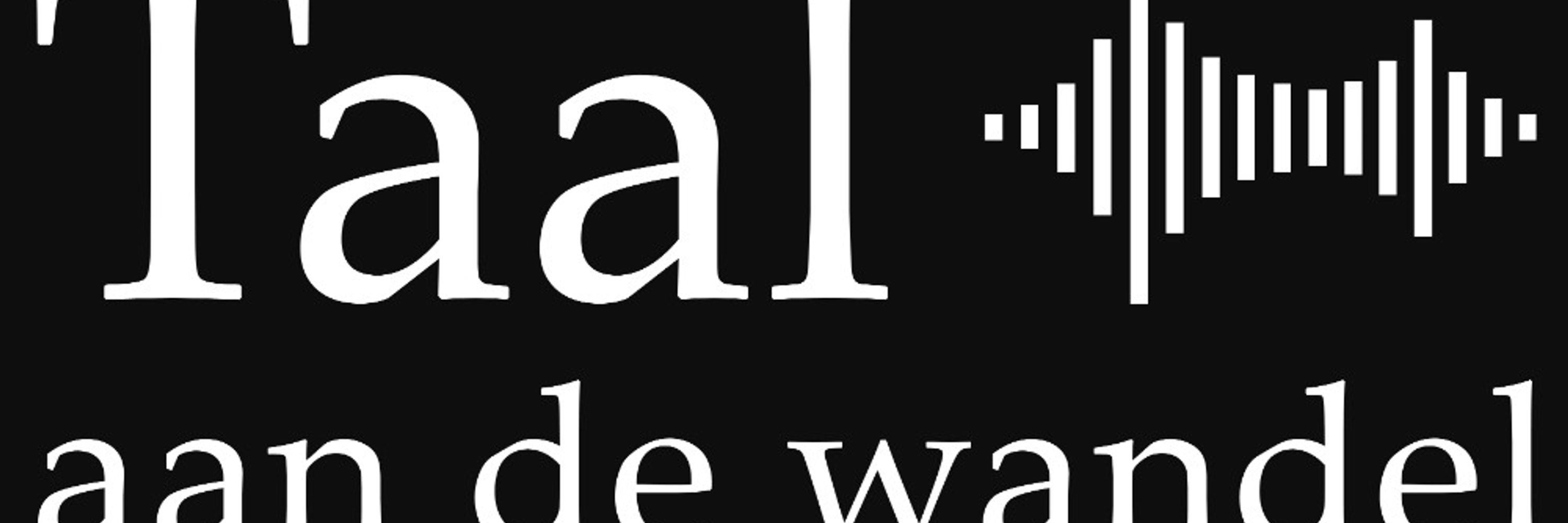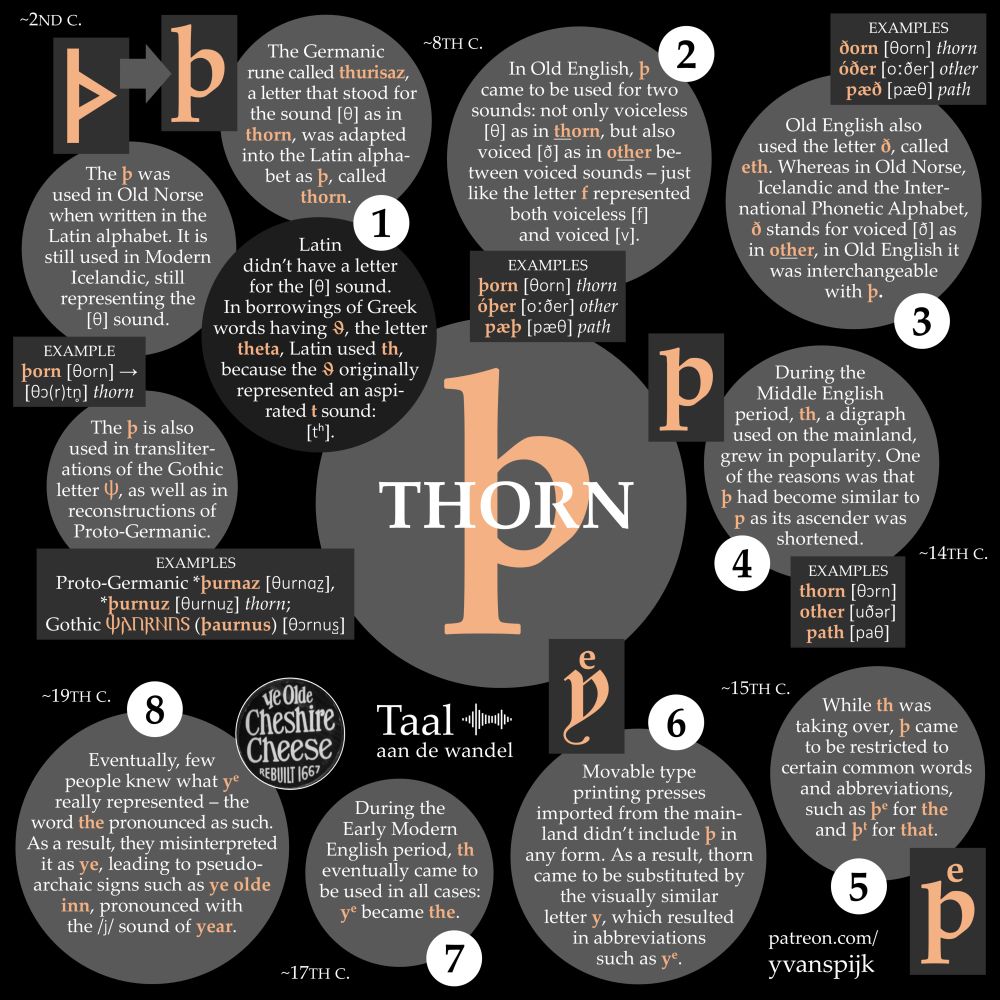Yoïn van Spijk
@yvanspijk.bsky.social
5.8K followers
920 following
2.7K posts
/'dʑowɪn/
• taalkundige | linguist
• schrijver van 'Die goeie ouwe taal' | author
• all graphics and videos: http://tumblr.com/yvanspijk
• Patreon: patreon.com/yvanspijk
• links: linktr.ee/yvanspijk
• photo by Dirk-Jan van Dijk
Posts
Media
Videos
Starter Packs
Pinned
Reposted by Yoïn van Spijk
Reposted by Yoïn van Spijk






